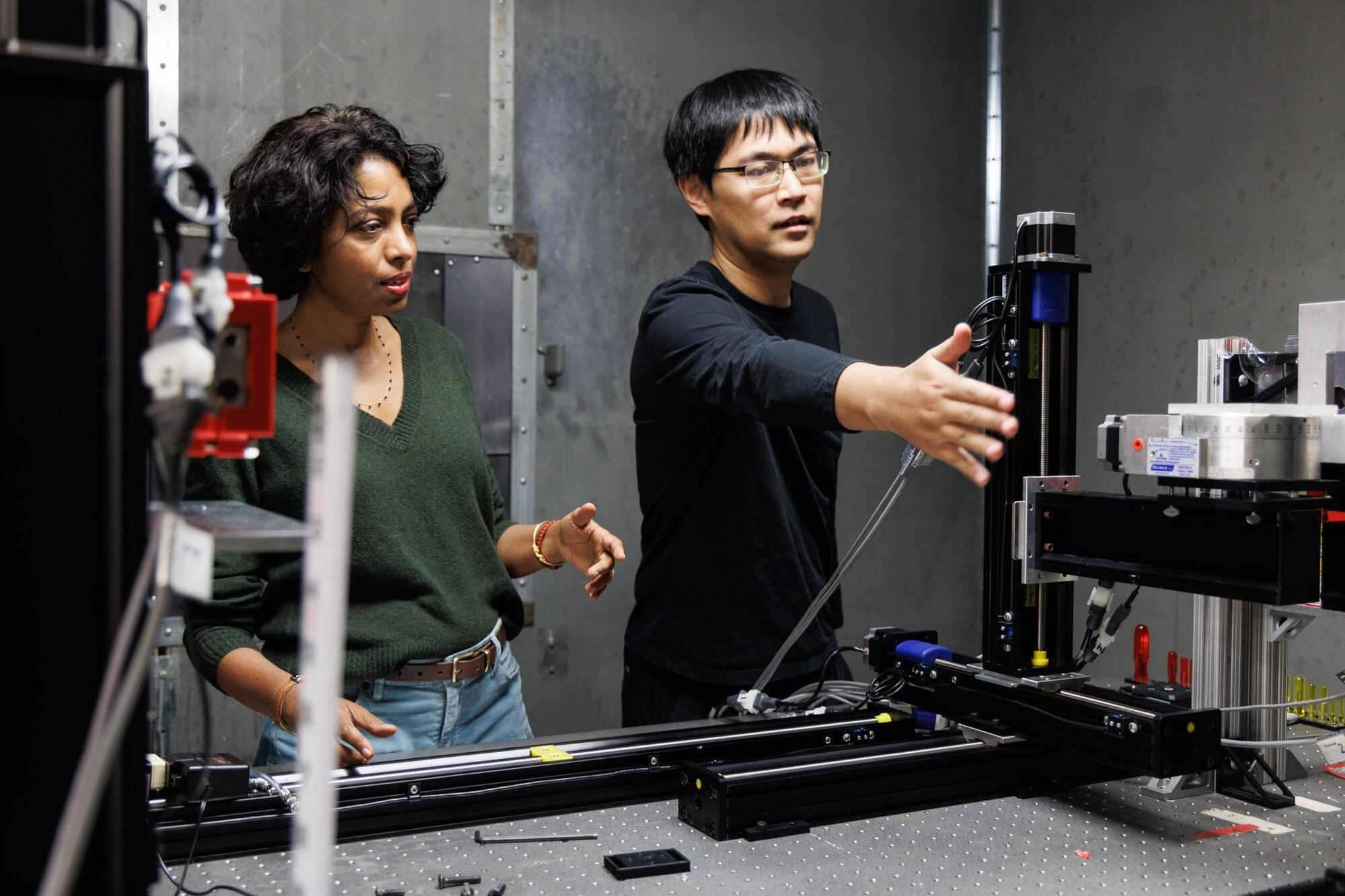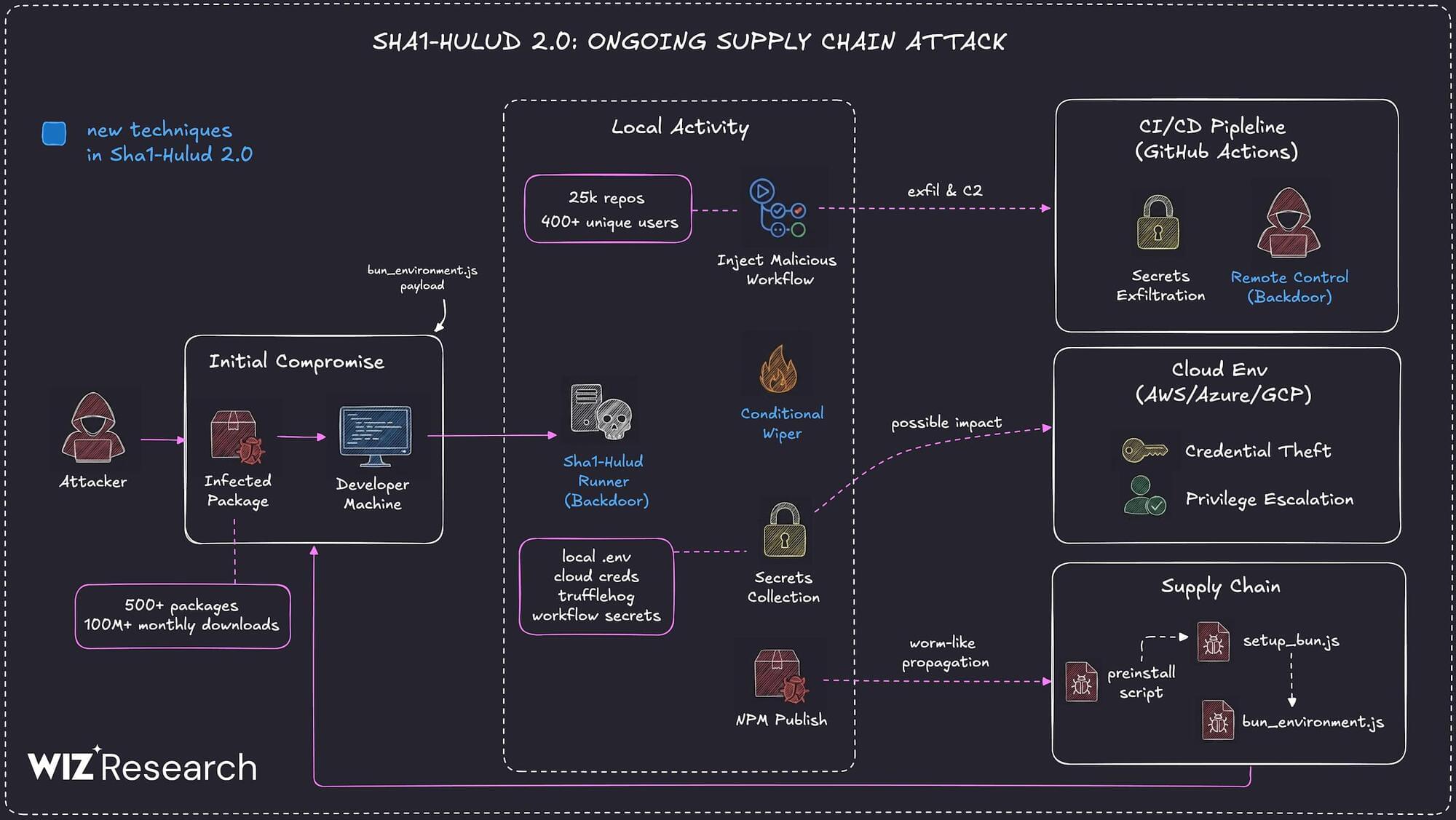Malicious npm package mimics an ESLint plugin, embeds an AI-tricking prompt, and steals environment variables via a post-install script.



Microsoft plans to enhance the security of the Entra ID authentication system against external script injection attacks starting in mid-to-late October 2026.
This update will implement a strengthened Content Security Policy that allows script downloads only from Microsoft-trusted content delivery network domains and inline script execution only from Microsoft-trusted sources during sign-ins.
After rollout, it will protect users against various security risks, including cross-site scripting attacks in which attackers inject malicious code into websites to steal credentials or compromise systems.

After scanning all 5.6 million public repositories on GitLab Cloud, a security engineer discovered more than 17,000 exposed secrets across over 2,800 unique domains.
Luke Marshall used the TruffleHog open-source tool to check the code in the repositories for sensitive credentials like API keys, passwords, and tokens.
The researcher previously scanned Bitbucket, where he found 6,212 secrets spread over 2.6 million repositories. He also checked the Common Crawl dataset that is used to train AI models, which exposed 12,000 valid secrets.

Why did all eight detection tools identically fail where the SOC succeeded?
What all these organizations have in common is a balanced investment across the alert lifecycle, which doesn’t neglect their SOC.
This article examines how investing in the SOC is indispensable for organizations that have already allocated significant resources to detection tools. Additionally, a balanced SOC investment is crucial for maximizing the value of their existing detection investments.

A vulnerability in the ‘node-forge’ package, a popular JavaScript cryptography library, could be exploited to bypass signature verifications by crafting data that appears valid.
The flaw is tracked as CVE-2025–12816 and received a high severity rating. It arises from the library’s ASN.1 validation mechanism, which allows malformed data to pass checks even when it is cryptographically invalid.
“An interpretation-conflict vulnerability in node-forge versions 1.3.1 and earlier enables unauthenticated attackers to craft ASN.1 structures to desynchronize schema validations, yielding a semantic divergence that may bypass downstream cryptographic verifications and security decisions,” reads the flaw’s description in the National Vulnerabilities Database (NVD).


Multiple security vendors are sounding the alarm about a second wave of attacks targeting the npm registry in a manner that’s reminiscent of the Shai-Hulud attack.
The new supply chain campaign, dubbed Sha1-Hulud, has compromised hundreds of npm packages, according to reports from Aikido, HelixGuard, JFrog, Koi Security, ReversingLabs, SafeDep, Socket, Step Security, and Wiz. The trojanized npm packages were uploaded to npm between November 21 and 23, 2025. The attack has impacted popular packages from Zapier, ENS Domains, PostHog, and Postman, among others.
“The campaign introduces a new variant that executes malicious code during the preinstall phase, significantly increasing potential exposure in build and runtime environments,” Wiz researchers Hila Ramati, Merav Bar, Gal Benmocha, and Gili Tikochinski said.



Nvidia has confirmed that last month’s security updates are causing gaming performance issues on Windows 11 24H2 and Windows 11 25H2 systems.
To address these problems, the American technology company released the GeForce Hotfix Display Driver version 581.94.
“Lower performance may be observed in some games after updating to Windows 11 October 2025 KB5066835 [5561605],” Nvidia said in a support document published earlier this week.